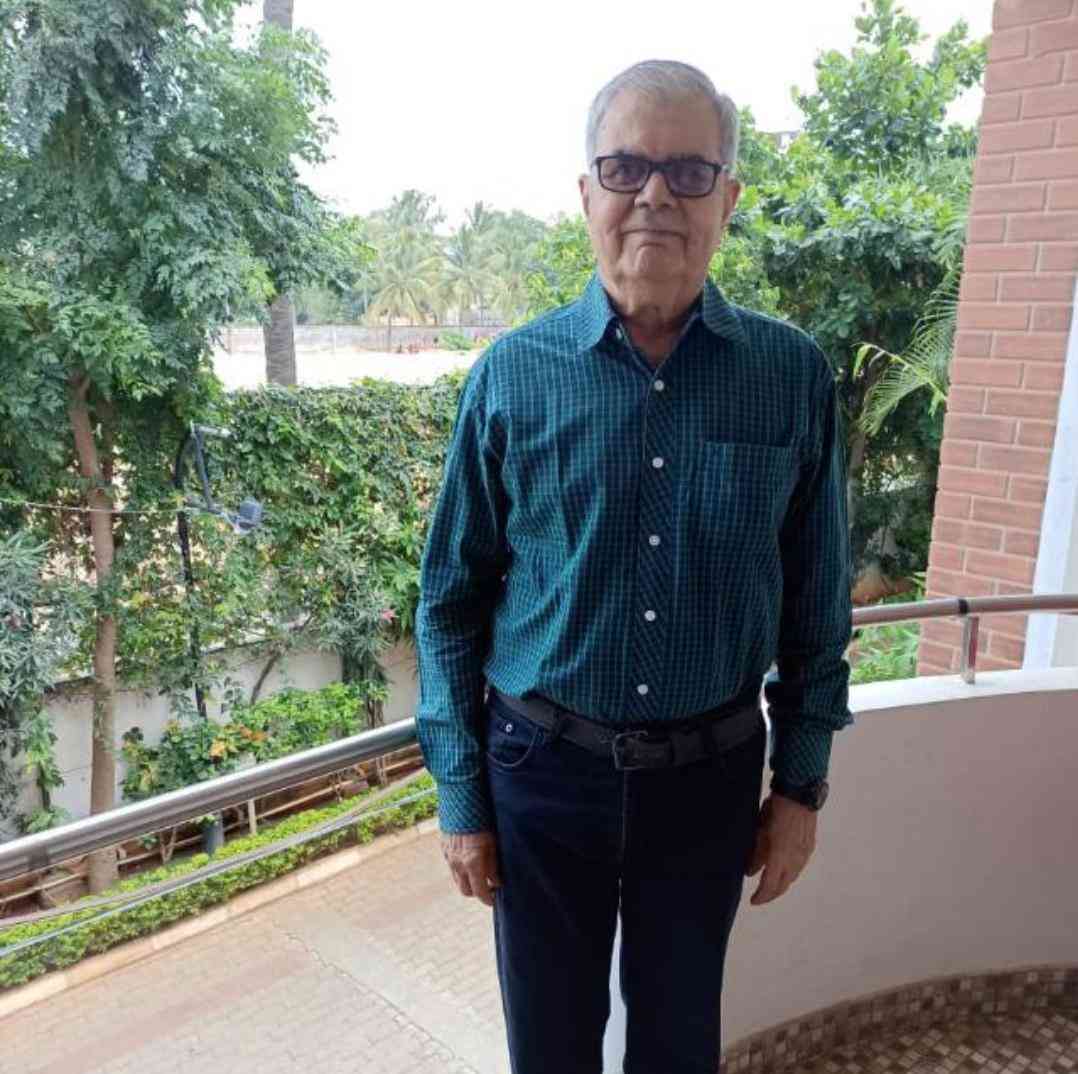What You Need To Know About Transactional Analysis
How Transactional Analysis offers an insight into human behaviour
Transactional Analysis is an interesting study of human behaviour. This subject offers a complete information about different types of human behaviour, satisfactory reasoning to some of the inexplicable sudden outbursts of normally calm persons and analyses hidden implications of complicated interactions. Moreover, it has expanded into other realms of our lives.
Let us analyse a few interactions we face in day-to-day life.
A housewife is busy cooking breakfast and arranging lunch boxes for her office-going husband and school-going kids. Suddenly her neighbour rings the bell and asks for some sugar in a bowl. Despite being busy, the lady asks the neighbour about the bowl that she had given her two days back. The neighbour says that it must be somewhere at home, but now she wants sugar urgently and if a person can’t help a neighbour who else will? Finally, after some more small talk, the neighbour has her way and borrows another bowl with the sugar, murmuring to herself "One day I will have a set of bowls from you!".
In another instance, we can recollect another typical morning conversation -- A husband is busy getting ready to go to the office and the wife is busy in the kitchen work. The husband asks his wife to get him the car keys immediately as he is getting late. The wife jokes saying that keys must be there wherever he dumped them yesterday. The husband's voice goes up every moment, while his wife keeps joking about the missing keys. Finally, the angry husband takes a taxi and goes to the office. He later realises that he may have left the car keys in the neighbour's house on the previous night when he met him.
If we analyse the behaviour of people in the first case, we can conclude that the neighbour was dictating like a parent to a child, while the housewife was reacting responsibly.
In the second case, it is clear that the husband was also acting like a parent ordering his kid, while the wife was responding childishly. Here also we can deduce those futile interactions of this type would go on and on unless it is checked.
In Transactional Analysis, which is a fascinating study of communication and behavioural patterns, such behavioural patterns are called the Ego States.
There are three Ego States, and there are varieties under them. A parent can be an encouraging, nurturing parent who ignores any small irritations and supports his child. Or a parent can also be a critical parent who is always demanding from the other person irrespective of his age. Interestingly in child behaviour also there can be two types -- Natural and Adaptive. A natural child's ego and personality are full of confidence and interactions with others are in a comfortable way irrespective of the other's age or position. Whereas an adaptive child's personality shows submissive nature and a lack of confidence in interacting with others. The role nicely played by Jugal Hansraj in the film Masoom matches an adaptive child personality.
It can be deduced that when a person operates from a particular Ego State for a long time, he tends to develop a typical behaviour most of the time.
1. Thus if a child predominantly shows adaptive child behaviour all the time, even after growing up, it may develop a submissive character. This is likely to lead the child to have an inferiority complex even after growing up, apart from harbouring a feeling that he or she is not competent to be in society. This personality trait is named as--- "I am not OK you are OK".
2. It is easy to analyse a person as -- "I am OK you are not OK" when he or she can manage others comfortably with their dominant behaviour for a long time i.e. mainly Critical Parent type.
3. From the above it is easy to define-- " I am OK you are OK" type when a person has been regularly playing the Adult role of being analytically balanced in dealing with others after being a natural Child.
4. The last type--- I am not OK you are not OK type personality is a suicidal mentality. A person due to his childhood experiences, compounded by similar bitter experiences later in life develops a view that he is unfit to be and continue in society.
We may also come across a person unreasonably and abruptly getting upset with another for no apparent reason. The sudden eruption of the person is attributed to a theory called Collection and cashing Stamps in T A. A person may have suffered at the hands of many people in many instances, -- in his house, on the way to the office, in the office with the boss and colleagues etc. The built-up emotions of frustration and anger are finally unloaded on the poor lift boy when he shouts at him for no reason at all while he goes out of the office. On the other hand, if a person remembers good feelings, of success in his job, kids' good performance, getting a promotion etc, he may tend to cash in his accumulated happy feelings by going on a pleasure trip with his family.
Nowadays marketing techniques are revolutionalised by playing on the imaginations to trap clients. We usually come across a free gift of 1 Kg of salt or sugar for the purchase of goods of Rs 5000. This is with an Ulterior motive to appeal to the 'child ego' of the clients successfully. For a moment many customers who do not apply their adult faculty to analyse the cost-benefit are trapped if they look at the "GIFT" part of the ad only. Like that TA has successfully analysed various types of transactions naming them Complementary, Crossed and Ulterior Transactions.
Now TA has come to stay and is often used by psychiatrists. A practical guide to TA is the book 'I am OK you are OK' which was written by Thomas Anthony Harris (1910- 1995) an American psychiatrist. This is a small introduction from me to the vast subject of Transactional Analysis.
If you wish to learn more about Transactional Analysis, click here to read an interview of Anna Chandy, counsellor and top Transactional Analysis practitioner by Sandhya Rajayer, writer and mental health therapist.
Calling our Members to Write for Us!
Silver Talkies Members get a unique chance to get published with us. We welcome travelogues, family recipes, memoirs, oral history accounts, short stories, poems, humour and personal essays, tips on living well and if you are a qualified subject matter expert then your thoughts on your chosen topics as well. Email us at connect@silvertalkies.com to know more!
Comments

Vijay Upendra
28 May, 2023
Very well written. One can read Book: Born To Win by Dorothy Jongeward & Muriel James
Mimansa
29 Jun, 2022
Very well elucidated Mr Rao. The examples brought the theory of TA alive. I have been a student of TA n found this post to be succinct and an easy read, yet not missing out on the key concepts. Thanks for the review.







Post a comment